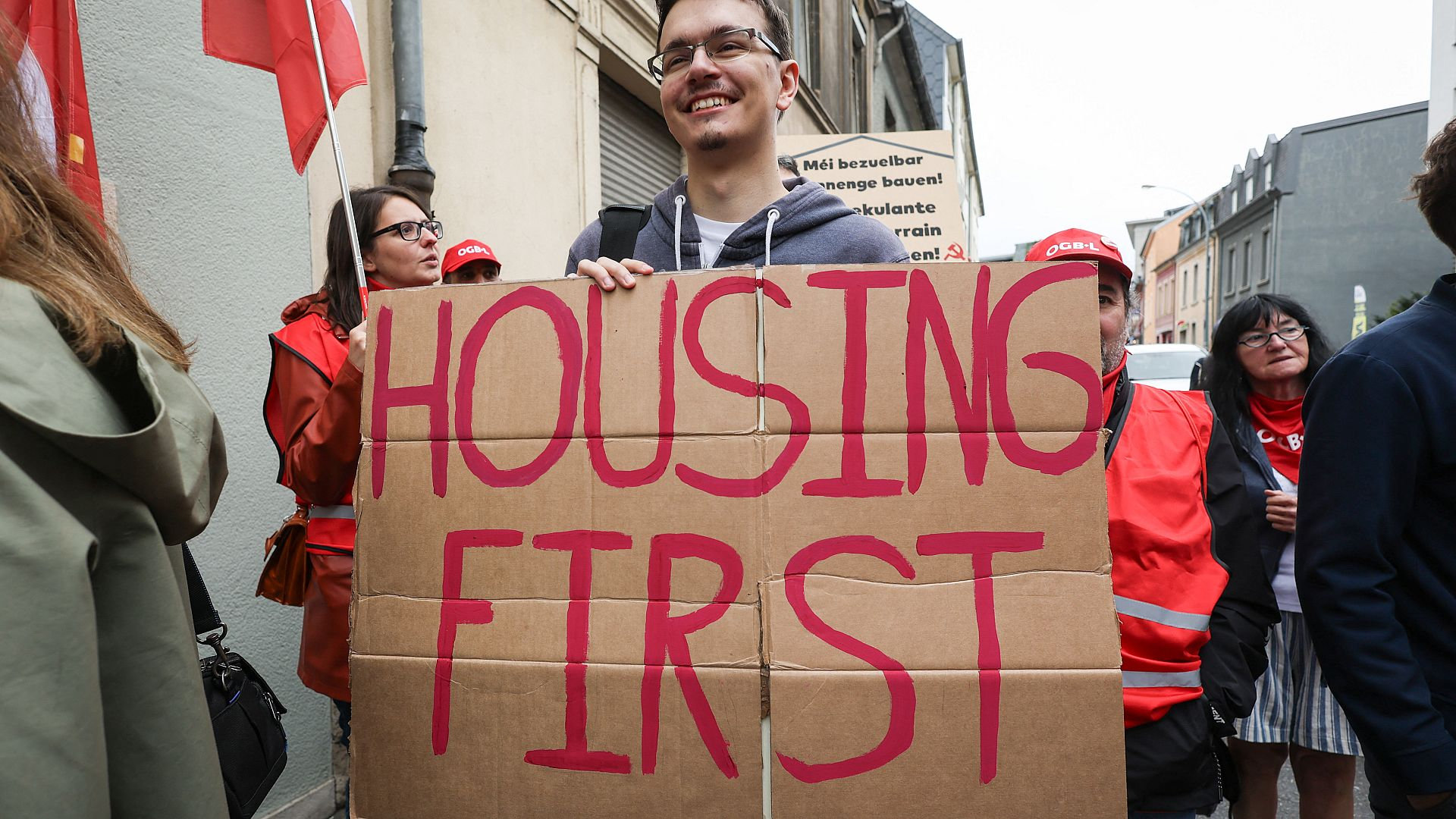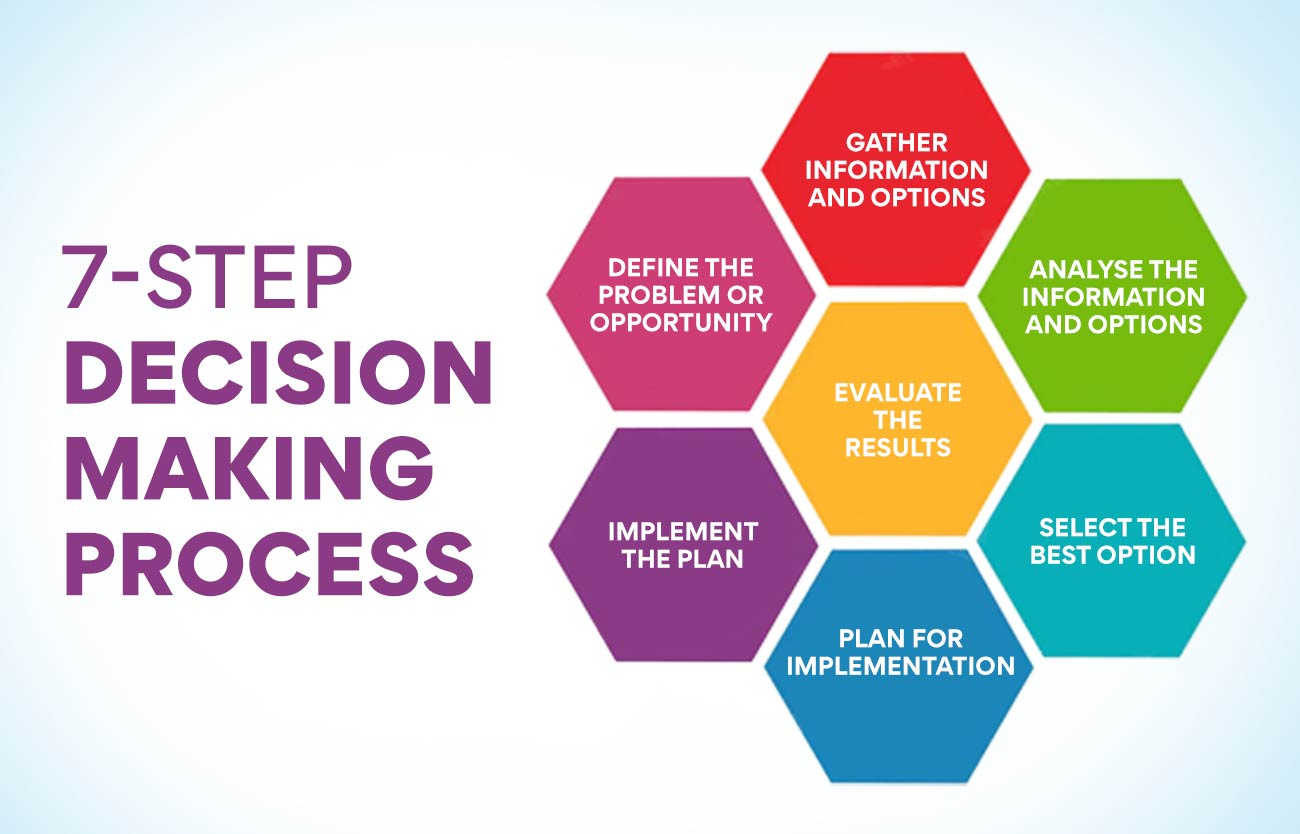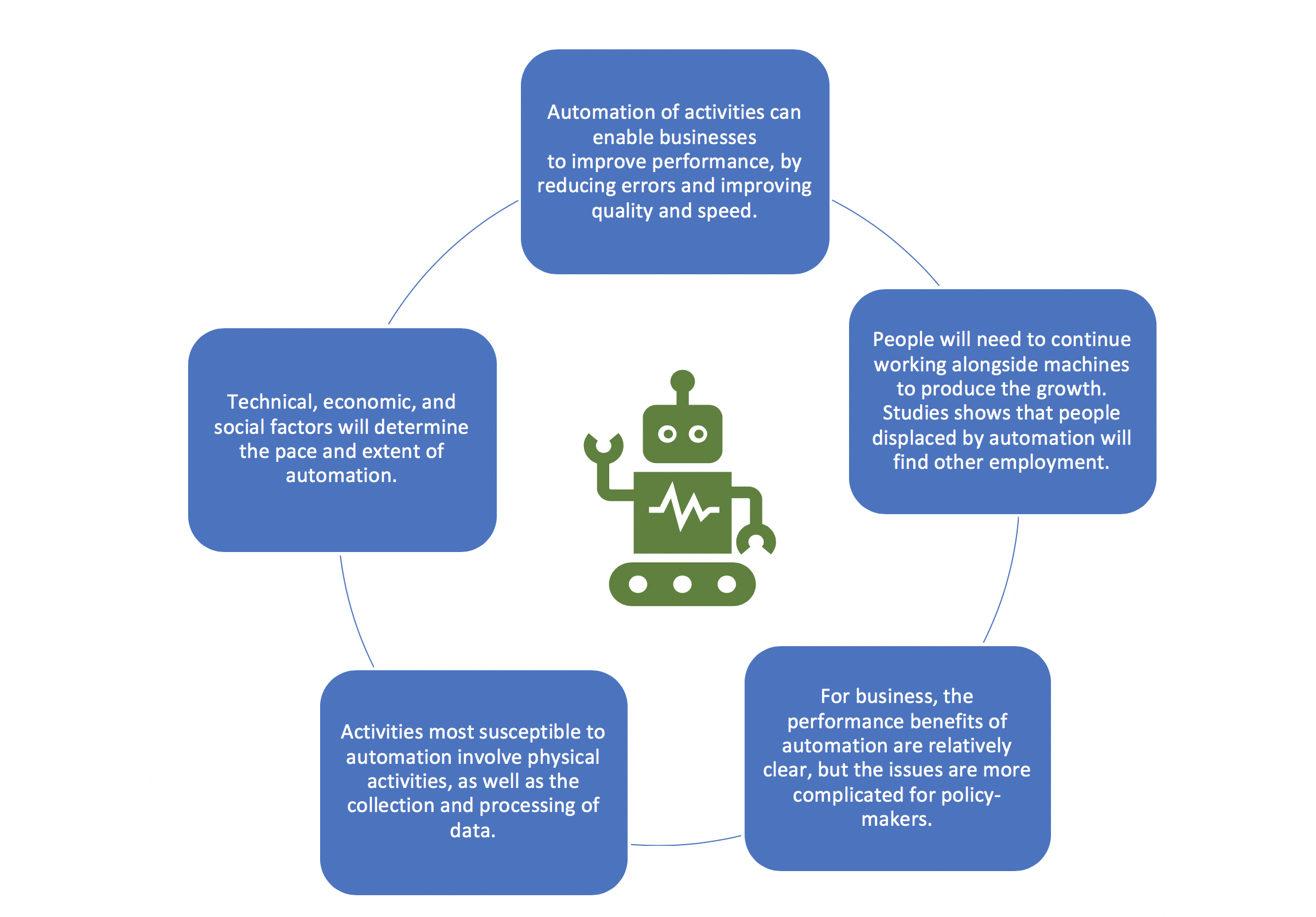The U.S. economy finds itself at a critical crossroads as various factors converge to create a landscape of uncertainty and concern. Recent declines in the stock market, largely attributed to retaliatory tariffs from countries like China, Mexico, and Canada, signal a potential downturn, raising alarm among investors about the possible onset of a U.S. recession. The ongoing trade war impacts have not only shaken consumer confidence, as reflected in the dwindling consumer sentiment index, but have also led to speculation surrounding upcoming interest rates news from the Federal Reserve. As the Federal Reserve ponders whether to implement cuts to interest rates, the specter of economic uncertainty looms large. Navigating these complex dynamics is vital, as stakeholders seek clarity on where the U.S. economy is headed in the coming months.
The current state of the American financial landscape is characterized by increasing economic turbulence, prompting discussions about its potential future path. With market fluctuations and fluctuating confidence levels among consumers and investors alike, attention has shifted to how governmental policies impact broader economic health. The risks posed by ongoing international trade conflicts have left many pondering the ramifications they may have on the U.S. market. As forecasts of possible recessionary conditions heighten, a keen eye on critical economic indicators is essential for understanding the resilience of the country’s economic framework. Addressing concerns over interest rates and their broader implications will undoubtedly play a crucial role in shaping financial strategies moving forward.
The Current Status of the U.S. Economy
The U.S. economy is currently navigating through turbulent waters, marked by significant volatility in the stock market and shifting consumer confidence. Recent developments, particularly the escalation of trade tensions, have exacerbated concerns about a potential recession. The consumer sentiment index released by the University of Michigan demonstrates that public confidence is waning, hitting its lowest level since late 2022. This decline poses questions about consumer spending, a crucial driver of economic growth, as individuals often adjust their expenditures in response to economic uncertainty.
The Federal Reserve’s ongoing evaluation of interest rates highlights the precarious state of the economy. With rising fears of a recession, characterized by sluggish hiring and potential cuts in government spending, the importance of maintaining economic stability becomes paramount. The inflationary pressures resulting from tariffs complicate this scenario, as the Fed must balance its approach to stimulate growth while mitigating inflation risks. Given these circumstances, the outlook for the U.S. economy remains cautiously optimistic yet fraught with challenges.
Frequently Asked Questions
What is the current state of the U.S. economy in light of recent recession concerns?
The current state of the U.S. economy raises valid concerns about an impending recession, particularly due to factors like a trade war and rising interest rates. The consumer sentiment index has dropped significantly, indicating low confidence among consumers, which could threaten economic growth.
How are trade war impacts affecting the U.S. economy?
The impacts of the ongoing trade war are substantial, leading to retaliatory tariffs from countries like China, Canada, and Mexico. These actions have caused significant market losses and heightened concerns among investors, potentially pushing the U.S. closer to a recession if these tensions continue.
What are the latest interest rates news and their implications for the U.S. economy?
Recent interest rates news indicates that the Federal Reserve may consider maintaining rates or delaying cuts to combat inflation while supporting economic growth. This balancing act is critical as rising rates can hinder borrowing and spending, impacting overall economic health.
How does consumer sentiment index impact the U.S. economy?
The consumer sentiment index is a crucial indicator of economic health, as it reflects how optimistic or pessimistic consumers feel about their financial situation and the economy. A drop in this index, as seen recently, suggests reduced consumer spending, which can negatively affect economic growth.
What does economic uncertainty mean for the U.S. economy?
Economic uncertainty refers to the unpredictability in economic conditions, often caused by political decisions or trade disputes. This uncertainty can lead businesses and consumers to adopt a cautious approach, potentially resulting in decreased investment and slower economic growth, increasing the risk of recession.
| Key Point | Details |
|---|---|
| U.S. Economy Outlook | Concerns about a potential recession are growing due to trade war and declining consumer sentiment. |
| Impact of Tariffs | Most economists oppose tariffs; they may lead to higher uncertainty and reduced investment. |
| Market Dynamics | Recent market downturn is linked to retaliatory tariffs imposed by other countries. |
| Consumer Sentiment | Consumer sentiment index at lowest since 2022, indicating rising economic concerns. |
| Risk Factors for Recession | Five key stressors: trade war, stock market instability, government cuts, fiscal crises, and rising risk perception. |
| Federal Reserve’s Dilemma | Fed faces a tough choice between cutting interest rates to support growth or keeping them to control inflation. |
Summary
The U.S. economy is currently facing significant uncertainties as it navigates potential recession risks fueled by trade wars and declining consumer confidence. Economic indicators suggest that the impacts of tariff policies and market volatility are creating a precarious environment for investors and consumers alike. The Federal Reserve is under pressure to strike a balance between stimulating growth and controlling inflation, making the future trajectory of the U.S. economy particularly critical to monitor.



